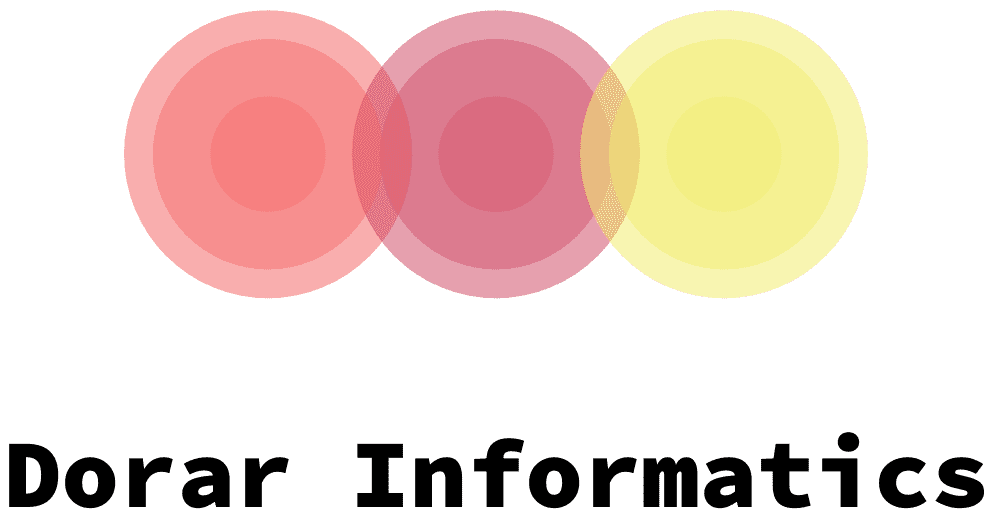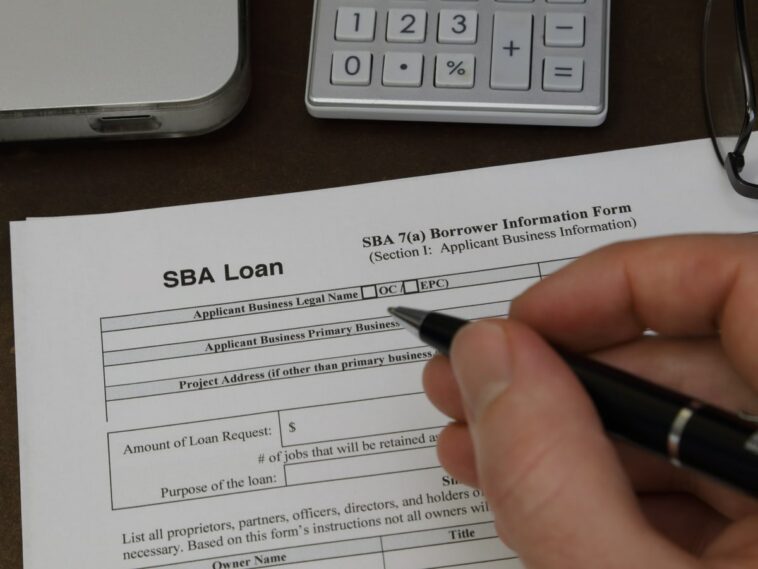Whether you are a new or established small business, a microloan could be just what you need. These loans can be up to $50,000 and they are a great way to build your credit. They are also useful for education, training, licensing and other expenses related to your business.
Small business loans up to $50,000
Getting a small business loan can be a daunting task. The amount of money you’re eligible to borrow, your credit score, and your business’s history all play an important role in your ability to get approved. While the best loan for your business can be difficult to find, there are options available.
One option is to consider using a business credit card. These cards typically offer perks like cash back on purchases or rewards for every dollar you spend. However, most business credit cards charge high annual percentage rates (APRs) and require good credit.
Another option for getting a small business loan is a business line of credit (LOC). A business line of credit is different from a term loan. The LOC is secured by collateral from the business. Generally, business lines of credit have lower interest rates than term loans.
Other options for a small business loan are the SBA, a bank, or a microlender. The SBA is an ideal source for a $50,000 business loan because it offers competitive interest rates and a wide range of loan types. The microlender, on the other hand, may have lower maximum loan amounts.
The best way to get a small business loan is to have a healthy business history and cash flow. Many lenders will require that you have been in business for at least three years to qualify for a loan. In addition, some lenders will waive the prepayment penalty in good faith.
The best way to find a small business loan is to shop around. A number of online lenders offer business loans. Some of these lenders have technology that allows them to respond quickly and efficiently. These lenders also tend to have lower credit requirements.
They are a form of microcredit
Whether you are an entrepreneur or a family member, microloans can help you meet your financial needs. They can also provide you with a source of additional income.
Microloans are also a valuable source of financial support for people who are living in extreme poverty. They are designed to help low-income people start or expand their businesses. Typically, they are used to pay for day-to-day necessities, such as food and healthcare, but they can also be used to finance business ventures. Unlike conventional loans, microloans are repaid in installments rather than in one lump sum.
Microloans are often offered by community development financial institutions. They are also sponsored by nongovernmental organizations and religious organizations. Some microlenders also offer business lines of credit, including SBA 7(a) loans.
Microloans often have higher repayment rates than conventional loans. This is because the amount of money lent is usually small. However, there are also alternatives, including loans from friends and family, and merchant cash advances.
Microcredit also helps people who are illiterate or have low credit scores. Usually, microloans are granted to people who cannot obtain traditional bank loans. This is because microlenders assess applicants based on their business plans and credit scores. Those who repay their loans usually have higher credit scores and can qualify for larger loans.
Microloans also help poor people meet unexpected emergencies. This is important because people who are in extreme poverty are usually left out of the formal financial system. The formal financial system is not very flexible and usually does not provide funding for the poor.
Microcredit also has a significant impact on the financial lives of people who live on less than two dollars a day. Research shows that those who receive microcredit increase their total consumption, which allows households that operate businesses to expand.
They are a great way to build credit
Getting a microloan for a business can help a new business establish credit, especially if the business does not have a credit history. A microloan can help a business purchase essential items such as supplies. Often, microloans are available in as little as one or two weeks. However, the time from application to funding can be as long as 60 or 90 days.
The amount you can borrow with a microloan depends on your credit history. If you have no credit history, you may have to provide collateral.
Some microloans may also require that you pay back the loan in weekly installments. Others have repayment terms of up to seven years. Depending on the lender, you may be able to borrow money for almost anything.
If you are interested in learning more about microloans, you can find information online. You can also talk to a local lender.
Microloans are popular among entrepreneurs from underrepresented communities. These communities include women, minorities, and veterans. Getting a microloan can help these entrepreneurs grow their businesses.
Some microlenders require that you have a personal guarantee. This is because they believe that new businesses are a riskier loan.
Many microlenders offer SBA 7(a) loans. These loans are available for business working capital, inventory, and buying other business supplies. The interest rate on these loans can range from 5% to 20%.
The Grameen America program is designed to help women entrepreneurs establish and grow their businesses. Grameen America offers free savings accounts with commercial banks and provides coaching in English and Spanish.
There are also online lenders that cater to businesses with less than perfect credit histories. These lenders may charge higher administrative fees.
They can temporarily lower credit score
Getting approved for a microloan may temporarily lower your credit score. There are a few reasons why. The good news is that you can usually reclaim your lost credit points.
A microloan is a type of loan available to low-income entrepreneurs. These loans typically have a maximum borrowing limit of $50,000. They can be used for short-term financing needs, such as equipment or laundromats. They typically have a repayment term of three to six years, and have a low interest rate.
A microloan can be a great way to boost your business’s credit score. However, it is important to understand that the interest rate may be higher than you expect. And you’ll want to read the microloan terms carefully.
Credit card balances can be a big factor in your score. High balances can lead to lower scores, so you’ll want to keep your balances low.
You’ll also want to use the credit card wisely. It is a good idea to only use about 30% of your limit at any one time. This is called optimal credit utilization.
You should also make sure to pay your bills on time. Late payments will hurt your score. You can also check your credit report for signs of identity theft. You may also be able to boost your score with a credit card that allows you to build up your credit.
You might also consider asking for a higher credit limit. This will help you keep your balances low and show lenders that you are a responsible borrower.
There are several microloans to choose from. You can choose a microloan from a traditional bank, nonprofit organization, or peer-to-peer platform.




